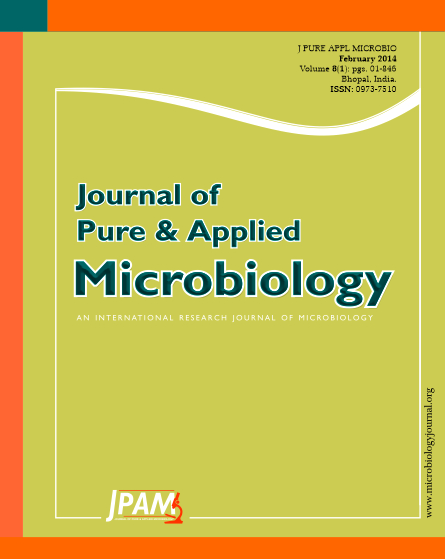Gastrointestinal disorders are the major causes of morbidity and mortality worldwide. Diarrhea can be caused by several mechanisms including malabsorption, increased secretion of fluid, electrolytes and nutrients, motility disturbance, various types of diarrheal infections caused by microbes, antibiotic-associated diarrhea or due to stress. Such disturbances are becoming increasingly difficult to treat due to the increasing dissemination of antibiotic resistance among microorganisms and the emergence of the so-called ‘superbugs’. Taking into consideration these problems, the need for novel therapeutics is essential. Although probiotics are being used over a century, they have only been extensively researched in recent years. Their use in the treatment and prevention of gastrointestinal disorders has yielded many successful results, some of which are outlined in this review. Probiotics are live microbial food ingredients that alter the enteric microflora and have a beneficial effect on health. Probiotics maintain the composition of micro-flora in the gut, enhance the immune system of the body and hence, prevent infections. Several health-related effects associated with the intake of probiotics are discussed here. Several clinical studies have been discussed which provide evidences for the efficacy of probiotics against these infections. Recently, a number of experiments have also been conducted mostly on intestinal cells to test the antiviral potential of probiotics against different viruses.
Probiotics, Gastrointestinal disorders, Antibiotic-associated diarrhea, Immune system, cell lines
© The Author(s) 2014. Open Access. This article is distributed under the terms of the Creative Commons Attribution 4.0 International License which permits unrestricted use, sharing, distribution, and reproduction in any medium, provided you give appropriate credit to the original author(s) and the source, provide a link to the Creative Commons license, and indicate if changes were made.


